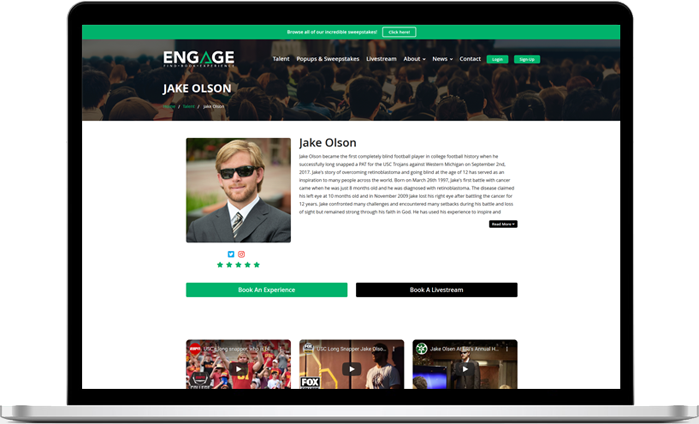Andrew is a Senior Research Scientist at DeepMind studying Privacy and AI and the Founder and Leader at OpenMined, an open-source community of over 12,000 researchers, engineers, and enthusiasts dedicated to making the concepts and tools necessary for privacy-preserving AI reach mainstream adoption.
Andrew has worked with hedge funds, investment banks, healthcare networks, and government intelligence clients on delivering AI solutions.
Andrew is also a passionate AI teacher, with a passion for making complex ideas easy to learn. He is the author of the book “Grokking Deep Learning”, an instructor in Udacity’s Deep Learning nano degree program, and the author of the popular deep learning blog “i am trask”. He is also a member of the United Nations Privacy Task Force, raising awareness and lowering the barrier to entry for the use of privacy-preserving analytics within the public sector.
“In the 1960s, the U.S. government stepped in to create the ARPANET, democratizing access to the largest supercomputers in the country, because only a limited set of researchers had access to them. Now, the U.S. government steps in to create the NAIRR, democratizing access to the largest AI resources in the country, including the largest AI supercomputers, because only a limited set of researchers have access to them. And upon the promise of the NAIRR, the future of AI will be democratic, American innovation will flourish, and we’re honored to be a part of it.” — Andrew Trask, Executive Director of OpenMined.











































